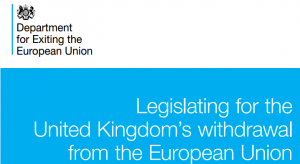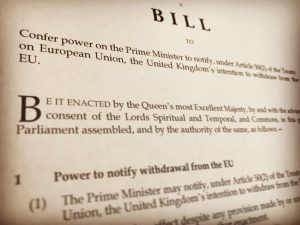By Prof Charlotte Villiers, Professor of Company Law and Corporate Governance (University of Bristol Law School).
The UK currently faces huge economic and political challenges. The Brexit negotiations are clearly of central importance and the outcome will strongly influence our country’s future as a trading nation. Our economic prospects will also be dependent on the strength of our corporate governance system. During the past couple of years, a number of corporate scandals and failures such as the demise of BHS with its huge pension losses and the worker exploitation at Sports Direct as well as continued publicity of ‘fat cat’ executive pay have threatened the reputation of the UKs corporate governance framework. In light of these negative reports a corporate governance inquiry was launched by the House of Commons Committee of the Department for Business, Energy and Industrial Strategy and the Government published a Green Paper on Corporate Governance Reform in November 2016. Despite a busy schedule with Brexit and a slimmed down Queen’s Speech, the Government continues to pursue its plans for corporate governance reform with its publication of a Government Response to the Green Paper in August 2017.
When Theresa May made her speech launching her campaign to become Prime Minister in July 2016 she announced her intention to ‘have not just consumers represented on company boards, but employees as well.’ She repeated the promise as Prime Minister at the Conservative Party Conference in the same year. In that same campaign speech in July Theresa May also noted that during the previous eighteen years executive pay had more than trebled and there was ‘an irrational, unhealthy and growing gap between what these companies pay their workers and what they pay their bosses’. She said that she wanted ‘to make shareholder votes on corporate pay not just advisory but binding’ and ‘to see more transparency, including the full disclosure of bonus targets and the publication of “pay multiple” data: that is, the ratio between the CEO’s pay and the average company worker’s pay’ and ‘to simplify the way bonuses are paid so that the bosses’ incentives are better aligned with the long-term interests of the company and its shareholders.’










